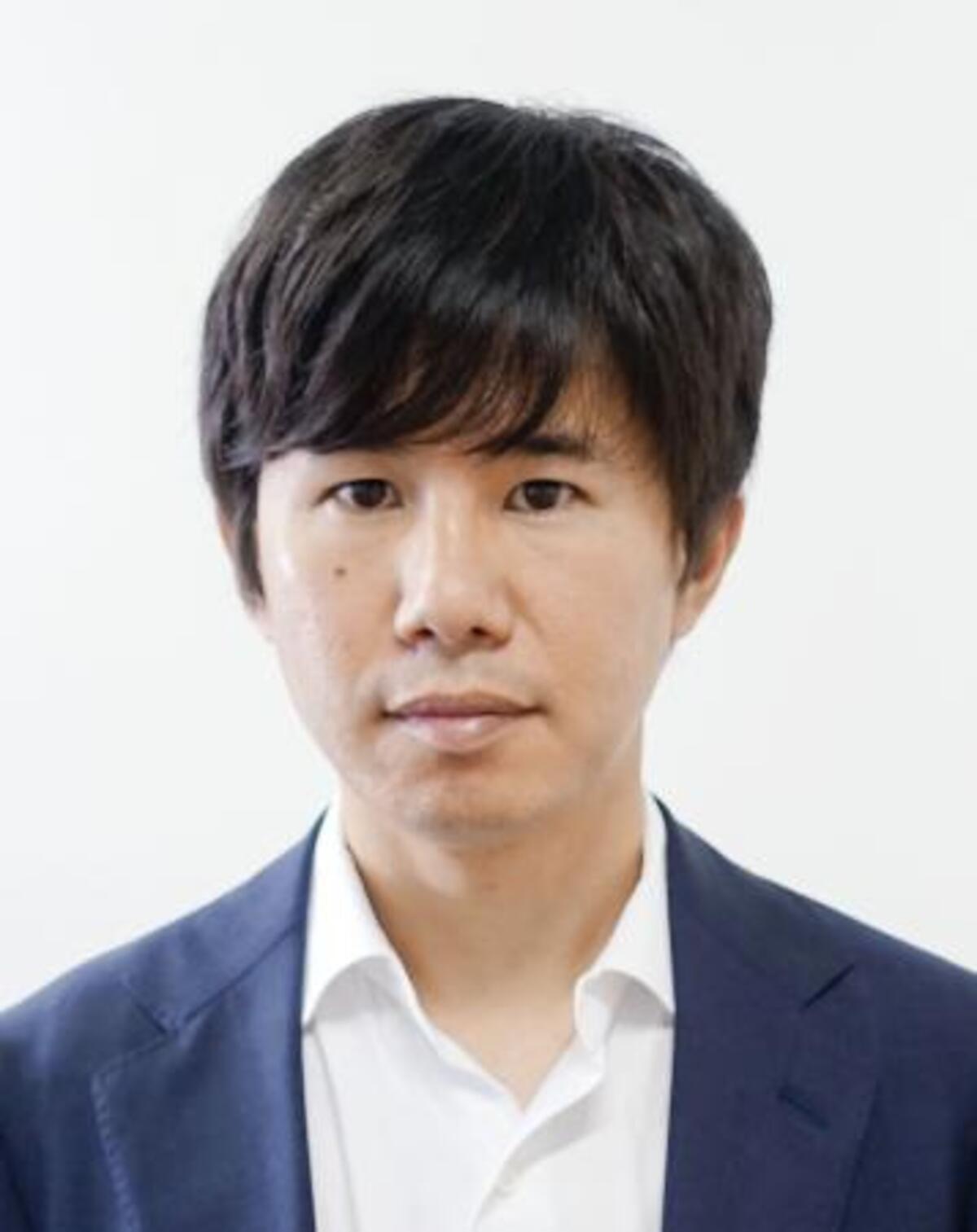A tropical fruit contains a molecule that could help fight liver cancer, and scientists have discovered how to make it synthetically.
The leaves and bark of the guava fruit plant are known for their anti-inflammatory, antibacterial, and even anti-cancer properties. According to research led by William Chain, Associate Professor in the University of Delaware’s Department of Chemistry and Biochemistry, a molecule found in the tropical fruit shows promise in combating liver-related cancers.
Published in the journal *Angewandte Chemie*, the study reveals a method to develop a synthetic form of this guava-derived molecule—one known to fight deadly liver cancers. Using a process called natural product total synthesis, the research team created a pathway using widely available chemicals to replicate the molecules found in the plant.
Liver cancer is a significant health issue. In the UK alone, there are around 6,600 new cases each year—that’s 18 every day. According to Cancer Research UK, this number could rise to approximately 9,700 cases annually by 2040. Unfortunately, survival rates remain low, with just 8% of people living for 10 years or more after diagnosis.
Symptoms of liver cancer include jaundice, itchy skin, loss of appetite, fatigue, flu-like symptoms, and a lump on the right side of the abdomen, the NHS reports.
Current treatments for liver cancer depend on the size and type of the tumor and include a combination of surgery, chemotherapy, thermal ablation (a technique using heat to destroy cancer cells), targeted medicines, and radiotherapy.
The synthetic guava molecule developed by Chain and his team could pave the way for more effective and affordable treatments. “The majority of clinically approved medicines are either made from a natural product or are based on one,” Professor Chain told Science Daily. “But there aren’t enough natural resources to make enough treatments. Now chemists will be able to take our manuscripts and basically follow our ‘recipe’ and they can make it themselves.”
The study authors emphasize that they are the first chemists to establish a synthetic method for creating this molecule. “We entered into that unknown territory, and I think we helped shed light on this unknown pathway that can get us there. And I think that’s the cool part,” said Liam O’Grady, doctoral student in Chain’s lab and the article’s first author.
Looking ahead, the research team is collaborating with the National Cancer Institute to explore the next steps in the process and determine whether the guava molecule may be effective against other types of cancers as well.
This breakthrough offers hope for developing new cancer therapies derived from nature, but available at scale to help save lives.
https://www.independent.co.uk/news/health/guava-fruit-benefits-cancer-risk-secret-molecule-b2828869.html
